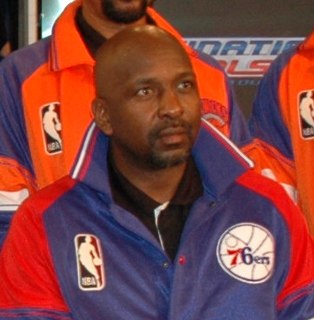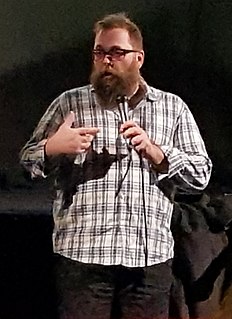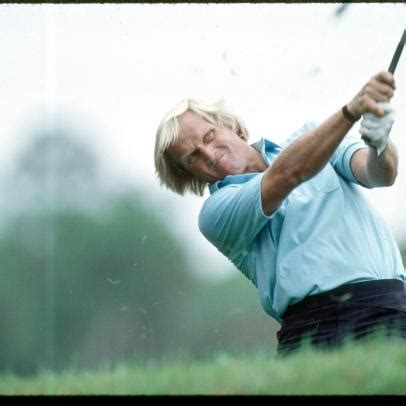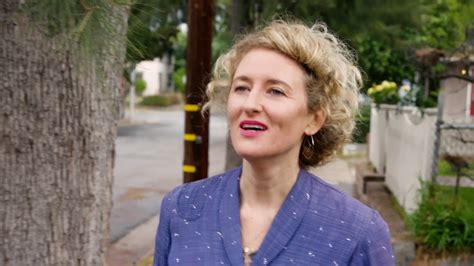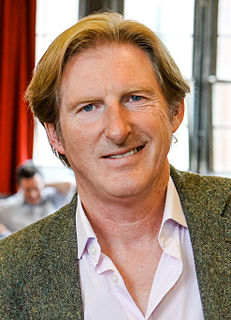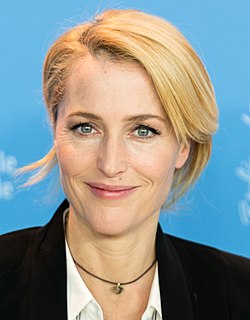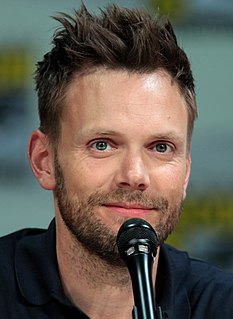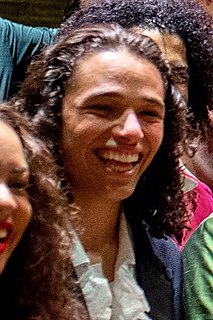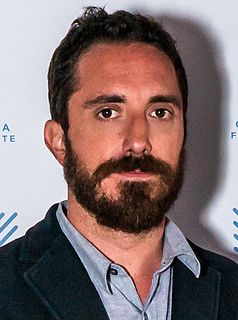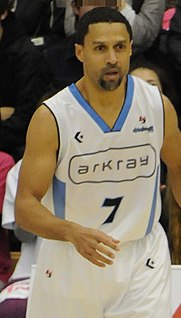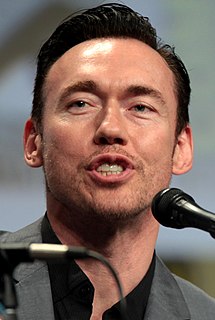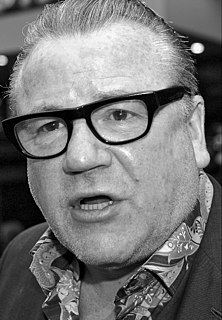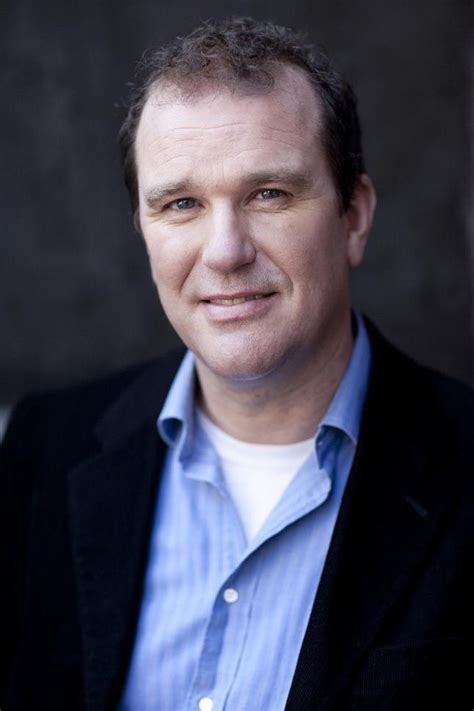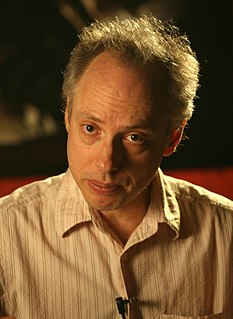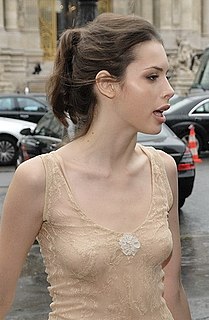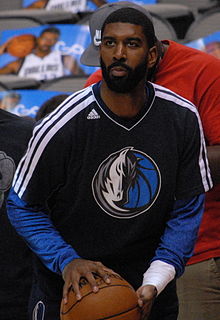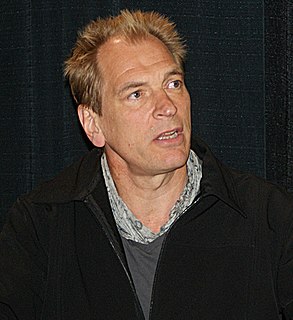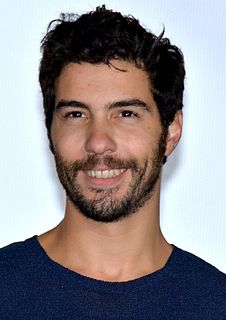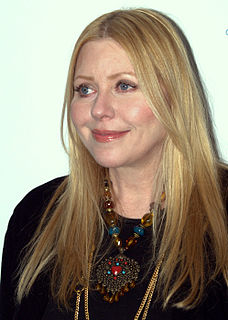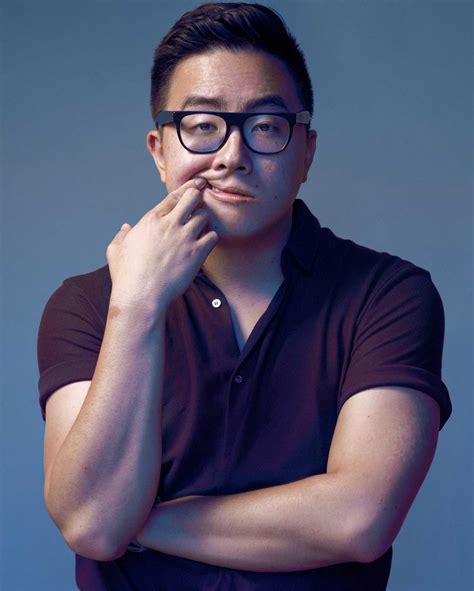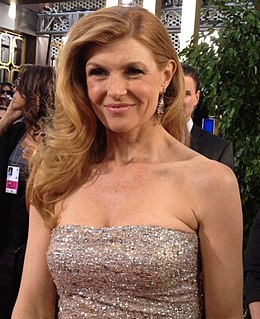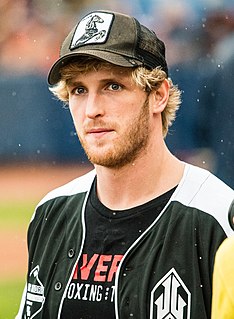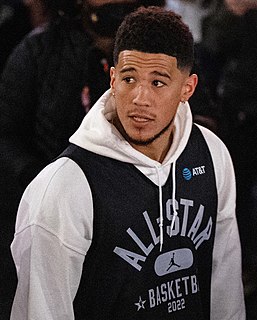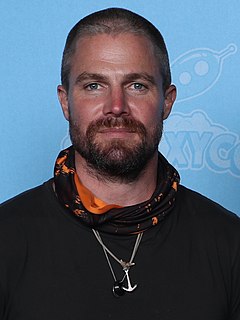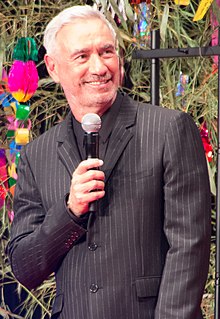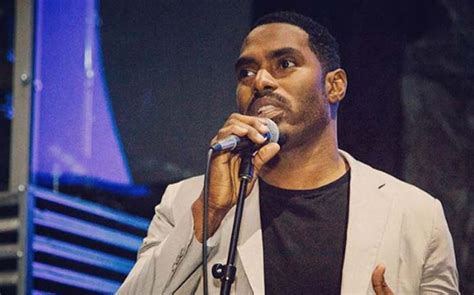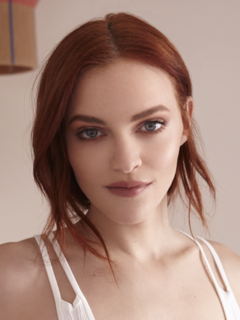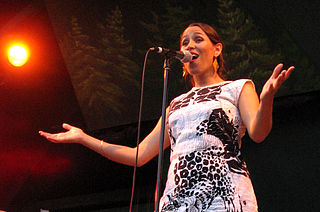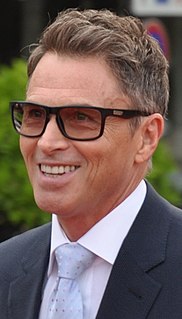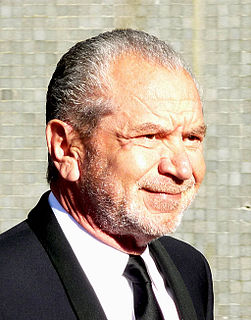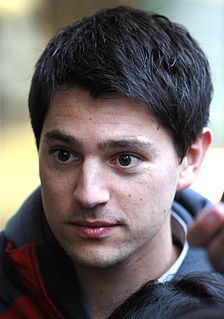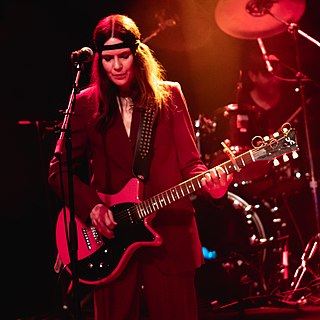Top 1200 Shooting Up Quotes & Sayings - Page 5
Explore popular Shooting Up quotes.
Last updated on April 22, 2025.
Whenever you take a subject you're obsessed with or that haunts you, and make a movie about it, you're converting it into work units that need to be completed. You gotta turn it into a treatment, a script, a grant application, a bunch of forms to be filled out, a shooting schedule, casting sessions, auditions, shooting, editing, music compositions, the film festival circuit, interviews even. And by the time you've finished the process you're so sick and tired by something that was once very precious to you that you're done with it.
I think that the whole voyeuristic attitude of filmmakers or of me personally - of shooting documentaries and so forth - is an important issue. And it was an important issue to me, personally. And the whole question of when - when do you put the camera down or when do you keep shooting to get the shot. And a number of times in my life I've had that question hit me very hard.
There are some filmmakers like the Coen brothers that are very precise. They make shooting boards, they do it shot by shot, and they follow every single line in their own script. They make amazing movies, and I admire them so much, but I can't do that. I have no idea how the movie will exactly be. While shooting, I just try to create an accident that I don't control very well - grabbing things from different sources and ideas, and then having a sensation somewhere that it will make sense.
George Washington Carver said: 'No one has the right to come into this world and go out of it without leaving distinct and legitimate reasons for having passed through it.' So if I'm going to be remembered for something, if I have a choice, I'd rather be known for standing up for my principles than shooting a jump shot.
In the first season (of 'Californication'), when we had the threesome with the nipple clamps, I was, like, 'I don't get this, I don't know how you're gonna do it.' And then, all of a sudden, there's a crane with a camera hanging over our heads, and you're, like, 'Okayyyyyyy. But how are you gonna sell this? How are you gonna make it work?' And they ended up shooting it brilliantly, cutting it together, and it just all ended up working without me having to compromise my own personal morals.
The other thing is that when people mention computers - and I'm pretty much the same - they find it hard to comprehend that there's a performance there. They look at it as something that's just been made by a computer but in a way the difference is that when you make a normal film - and I'm simplifying it here - you put on the make-up and you put the scenery in before you start shooting, but with this you still perform in the same way but then you put the make-up on after, along with the costumes and scenery.
I wrote the plot [for the Persepolis ]and Vincent [Paronnaud] and I wrote and discussed the shooting of the script. Vincent then took care of the production design, the actual shooting, and what was going on within each scene. It's very difficult, though, to draw a line between who did what. Because Vincent would say something, and I would add something, and at the end you have this film, yet no clear idea of who did what.
One of the best rules anybody can learn about investing is to do nothing, absolutely nothing, unless there is something to do... I just wait until there is money lying in the corner, and all I have to do is go over there and pick it up... I wait for a situation that is like the proverbial "shooting fish in a barrel."
When I was in Toronto shooting 'Hemlock Grove,' I'd spend a couple of hours in the makeup trailer every day because my character had all these tattoos. I was telling one of the artists how bored I was - I didn't really know anybody - and he said, 'Pick up a ukulele and start playing. They're 30 bucks for a cheap one.' And I did!
Alfred Hitchcock talked about planning out his movies so meticulously that when he was actually shooting and editing, it was the most boring thing in the world. But drawing comics isn't like shooting a movie. You can shoot a movie in a few days and be done with it, but drawing a comic takes years and years... That's the biggest part of doing comics: You have to create stuff that makes you want to get out of bed every morning and get to work.
It's a different rhythm than most movies. For a lot of the actors, you're 12,000 miles away from home. It becomes a way of life - getting up at five in the morning, shooting every day, day in day out, for 270 days. The new cast playing the dwarves were carrying incredibly heavy weights in their suits, they sat through hours of make-up every day. So it's quite challenging from a stamina point of view.
In the summer of 2002, we had spent six weeks shooting the three pilots of Mythbusters, and Jamie[Hyneman] called me up afterward - well, first he called me up to tell me to clear my crap back out of his shop - and he said, "Well, that was kind of fun, wasn't it? I mean, I don't see where this could go, because we pretty much did everything. But it was fun."
